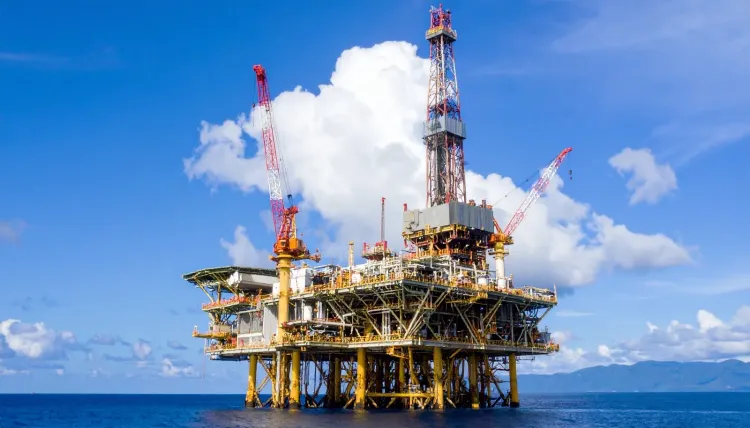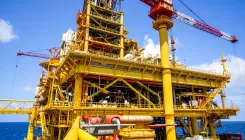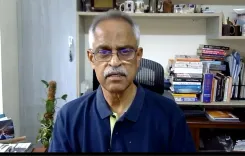Has India Prevented a Global Crisis by Purchasing Russian Oil?

Synopsis
Key Takeaways
- India's oil purchases stabilize global markets.
- Legitimate trade practices in compliance with regulations.
- Reduction of domestic fuel prices amidst global spikes.
- Significant role in global energy supply chain.
- India's strategy counters inflation effectively.
New Delhi, Aug 30 (NationPress) Amidst swirling accusations regarding India’s financial support for Russia and its alleged role as a laundering center, the truth is that by acquiring Russian energy, New Delhi has effectively averted a global crisis, ensuring stability in international markets and keeping inflation in check both domestically and globally.
Russia contributes roughly 10 percent of the world’s oil supply. Should India halt its purchases, crude oil prices could soar to $200 per barrel. By maintaining this oil flow, India has played a crucial role in stabilizing the markets and assisting citizens worldwide. US Treasury Secretary Janet Yellen and other officials have publicly commended India’s contributions in this regard.
It’s noteworthy that India is not utilizing US dollars for its purchases of Russian oil; instead, these transactions are facilitated through traders in third nations and settled in currencies such as AED.
At no point has the US government requested India to cease its purchases. India's trading practices are entirely legitimate and comply with G7 and EU price-cap regulations.
Additionally, there is no illicit market for this oil. Unlike Iranian or Venezuelan oil, Russian oil is not subject to sanctions. It operates under a price-cap system set by the West to deter profiteering. If the US intended to prohibit Russian oil, sanctions would have been imposed, yet this has not occurred as the US requires Russian oil to remain in the market.
India has also reduced fuel prices for its citizens despite global oil prices reaching $137 per barrel. State-owned oil companies incurred losses of Rs 21,000 crore, while the government taxed exports to prevent excessive profiteering. India’s imports have mitigated a global price surge and alleviated inflation for all.
The nation has long been among the world’s largest refiners. The refining and export of fuels are integral to the global economy. Following the banning of Russian crude, Europe has increasingly depended on Indian diesel and jet fuel, demonstrating stabilization rather than any form of laundering.
Furthermore, approximately 70 percent of refined fuels remain in India to satisfy domestic needs. One Reliance refinery has been export-oriented since 2006, well before the onset of this conflict. Exports of refined fuels have actually decreased as domestic consumption has risen. Crude and its derivatives are interchangeable and follow market dynamics.
The argument regarding trade deficits is also unfounded. The US maintains significantly larger deficits with China, the EU, and Mexico. India’s $50 billion deficit is relatively small in comparison. Simultaneously, India invests billions in US aircraft, LNG, military equipment, and technology.
Is India taking advantage of US defense? The answer is no; India is collaborating with GE on jet engines, purchasing MQ-9 drones, and strengthening defense ties through the QUAD and Indo-Pacific initiatives. India is the sole major power actively countering China militarily in Asia, representing a direct strategic advantage for the US.
Peace cannot be achieved through scapegoating. India has advocated for diplomacy at the UN while Europe continues to purchase Russian gas and the US imports Russian uranium. India has acted responsibly, adhered to international frameworks, and prevented price surges.
The reality is that India has not funded Russia. Blaming India may serve political agendas, but it does not align with the facts.









